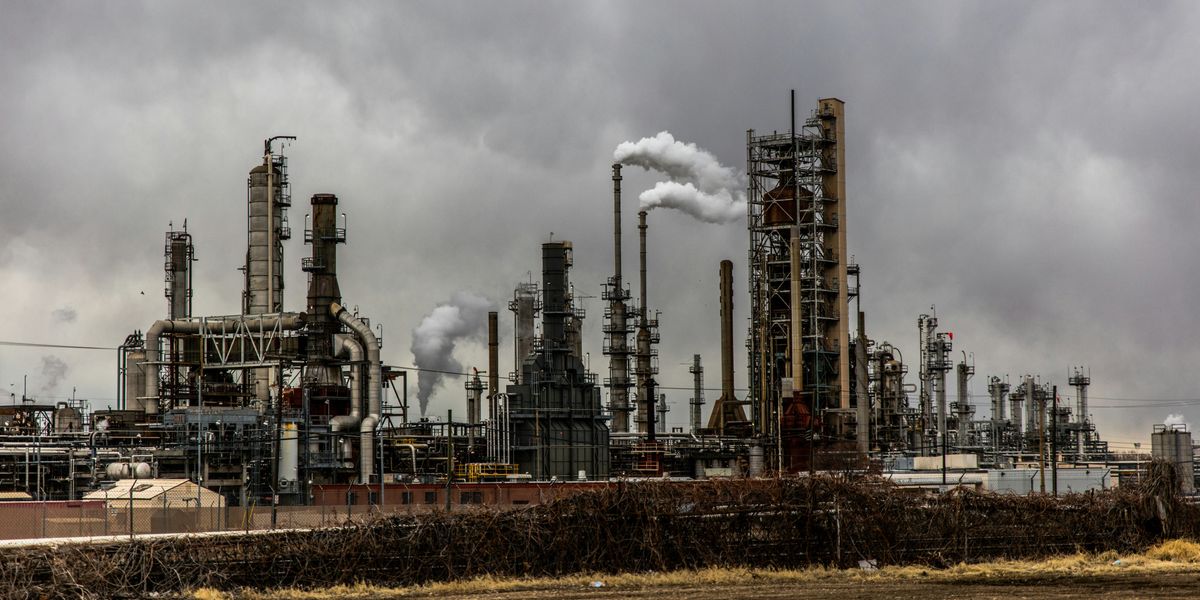
Coal plant seeks pollution waiver after Trump administration opens email-based exemption process
The Colstrip coal plant in Montana, the nation’s top emitter of harmful soot, has asked the U.S. Environmental Protection Agency for a two-year exemption from pollution control rules under a new process opened by the Trump administration.
Hiroko Tabuchi reports for The New York Times.
In short:
- The Colstrip power plant emits more fine particulate pollution than any other plant in the U.S. and lacks modern pollution controls, according to the EPA. A 2023 rule required it to install updated equipment.
- The EPA recently invited companies to apply for Clean Air Act waivers by email. The law allows presidential exemptions if technology is deemed unavailable or if national security is at risk.
- Montana’s congressional delegation supports the exemption, citing energy reliability and economic concerns, though public health experts warn of severe health impacts from particulate pollution.
Key quote:
This pollution "can be very damaging to young kids in particular, who have developing lungs."
— Robert Merchant, pulmonologist in Billings, Mont.
Why this matters:
Fine particulate pollution, or soot, poses serious health risks by penetrating deep into the lungs and bloodstream, contributing to asthma, strokes, heart disease, and premature death — particularly among children, the elderly, and those with preexisting conditions. Yet coal plants like Colstrip in eastern Montana continue operating without modern pollution controls, even as most U.S. facilities have installed them. As the Trump administration advances regulatory rollbacks that prioritize industry relief over science-based health protections, Colstrip has become a symbol of this shift, raising alarm among public health experts and environmental justice advocates.
Related EHN coverage: When coal plants decrease pollution or shut down, people have fewer asthma attacks














